Europe
Some of Europe’s most famous leaders govern in the early modern period. Napoleon, Peter the Great, and Charles XII change and challenge Europe. Religion and religious ideas are transformed as new ideas move across Europe developing science, economics and culture, all of which are covered in this section. Read more
Sort by:
Date (Newest first) | Title A-Z
Show:
All |
Articles |
Podcasts |
Multipage Articles
-

Secular acts and sacred practices in the Italian Renaissance church interior
ArticleClick to view -
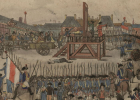
Robespierre: a reluctant terrorist?
ArticleClick to view -
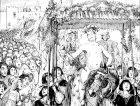
The throne and the fairy tellers
ArticleClick to view -

The Duchy of Courland and a Baltic colonial venture across the ocean
ArticleClick to view -
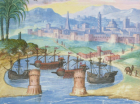
History Abridged: The City of Alexandria
ArticleClick to view -

What did it mean to be a city in early modern Germany?
ArticleClick to view -
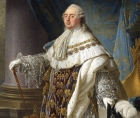
The Flight to Varennes
ArticleClick to view -
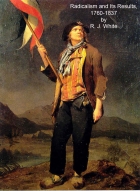
Radicalism and its Results, 1760-1837
ArticleClick to view -
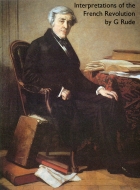
Interpretations of the French Revolution
ArticleClick to view -
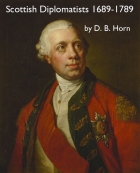
Scottish Diplomatists 1689-1789
ArticleClick to view -

Ideas on the Shape, Size and Movements of the Earth - Pamphlet
ArticleClick to view -
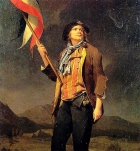
Polychronicon 150: Interpreting the French Revolution
ArticleClick to view -

The role of Devon's militia during the Spanish Armada crisis
ArticleClick to view -
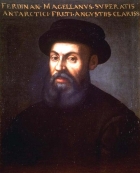
The Great Powers in the Pacific
ArticleClick to view -
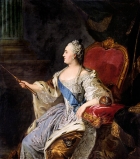
Enlightened Despotism
ArticleClick to view -

The Armada Campaign of 1588
ArticleClick to view -
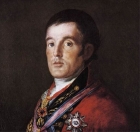
The Undergrowth of History
ArticleClick to view -

Catherine de Medici & the Ancien Regime
ArticleClick to view -
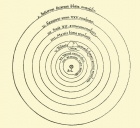
Copernicus and the Reformation of Astronomy
ArticleClick to view -
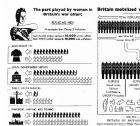
Diagrams in History
ArticleClick to view

